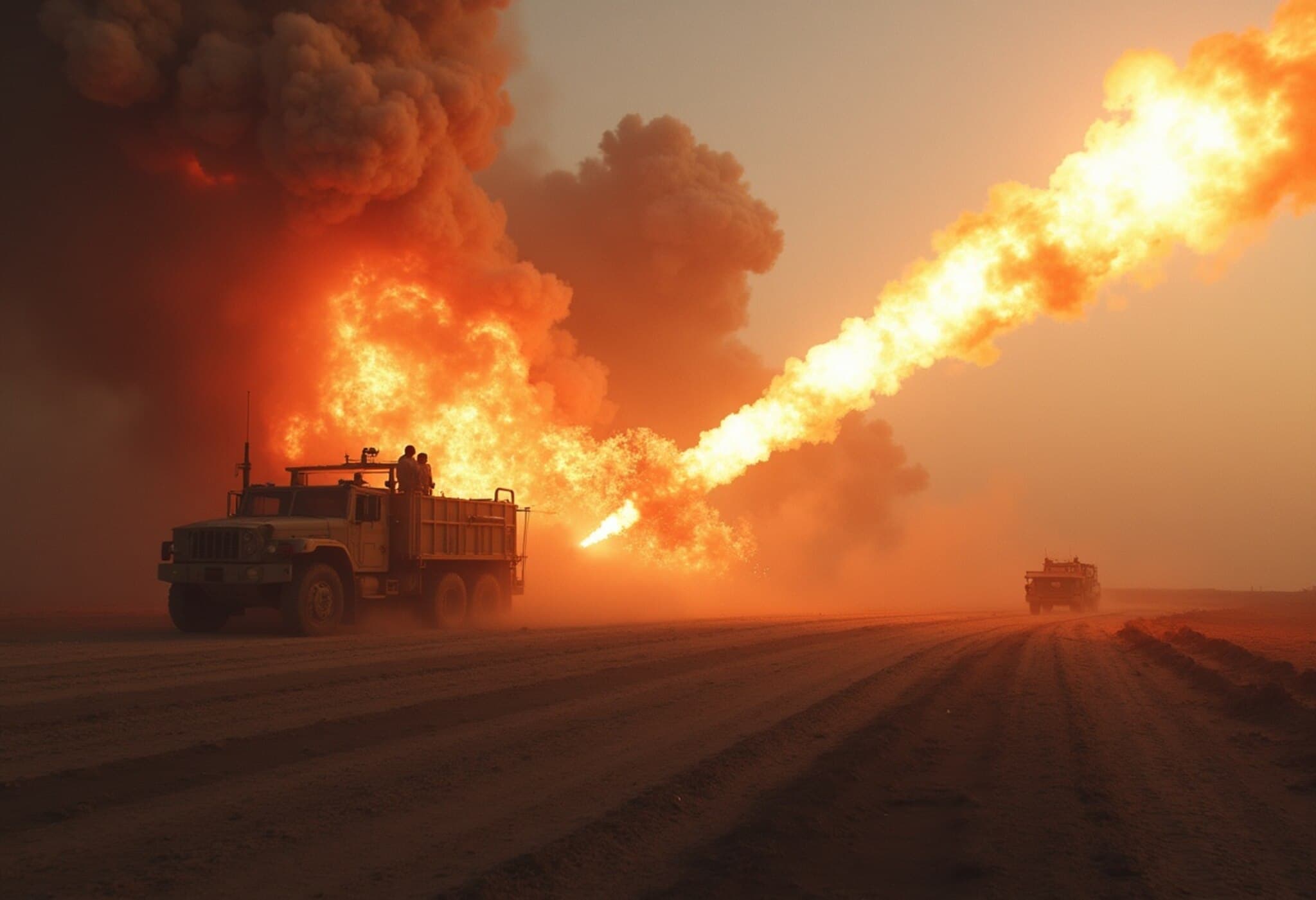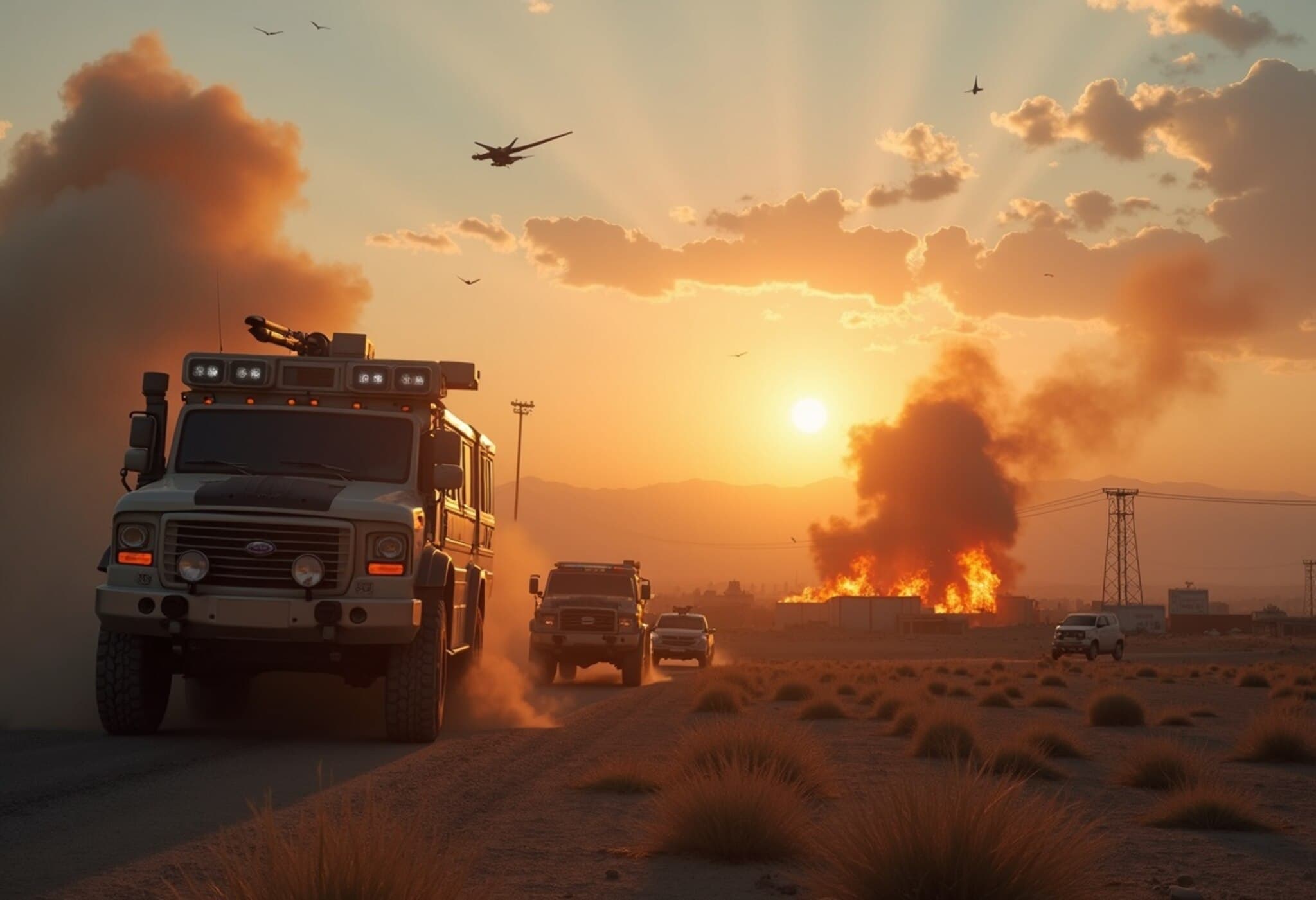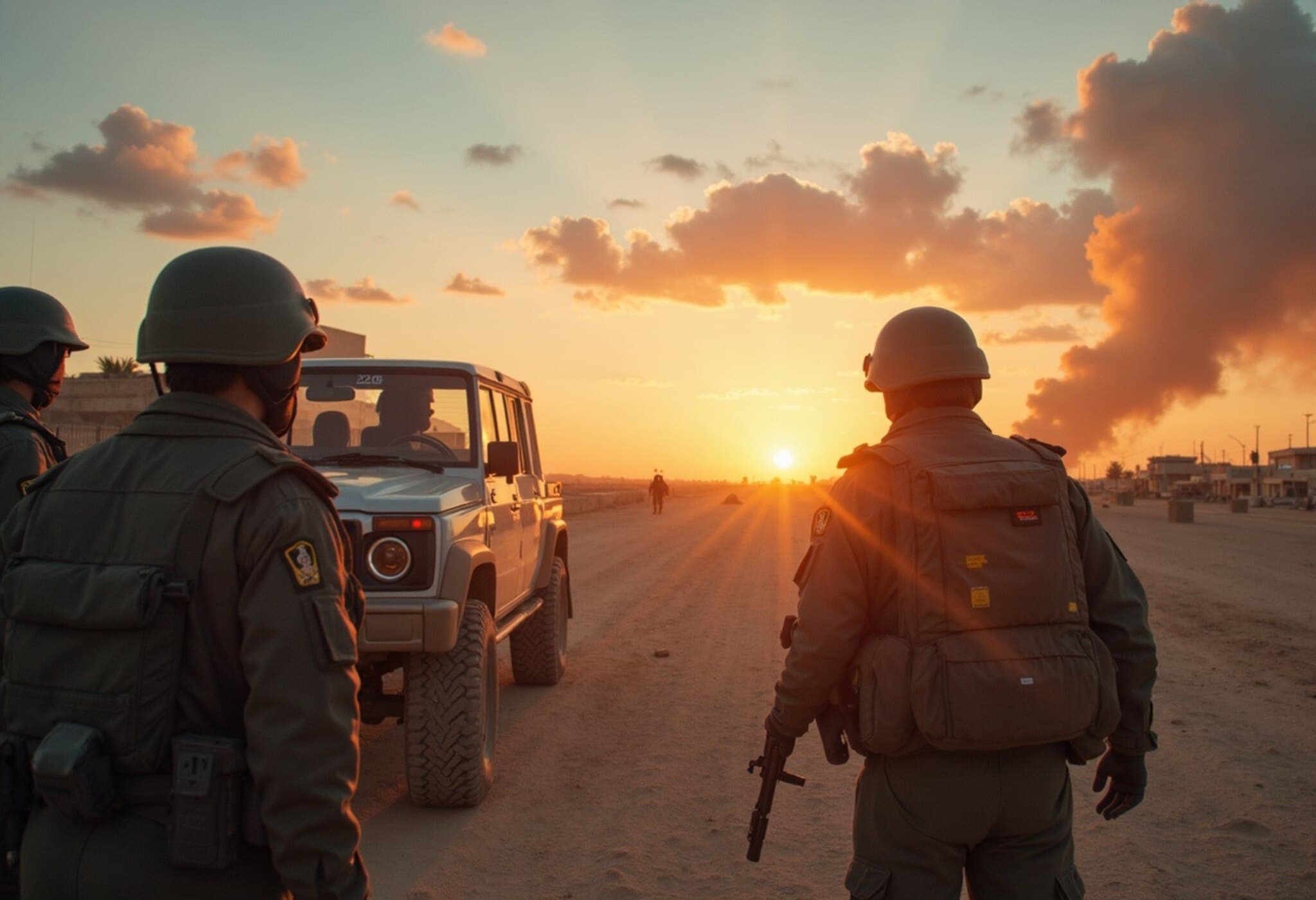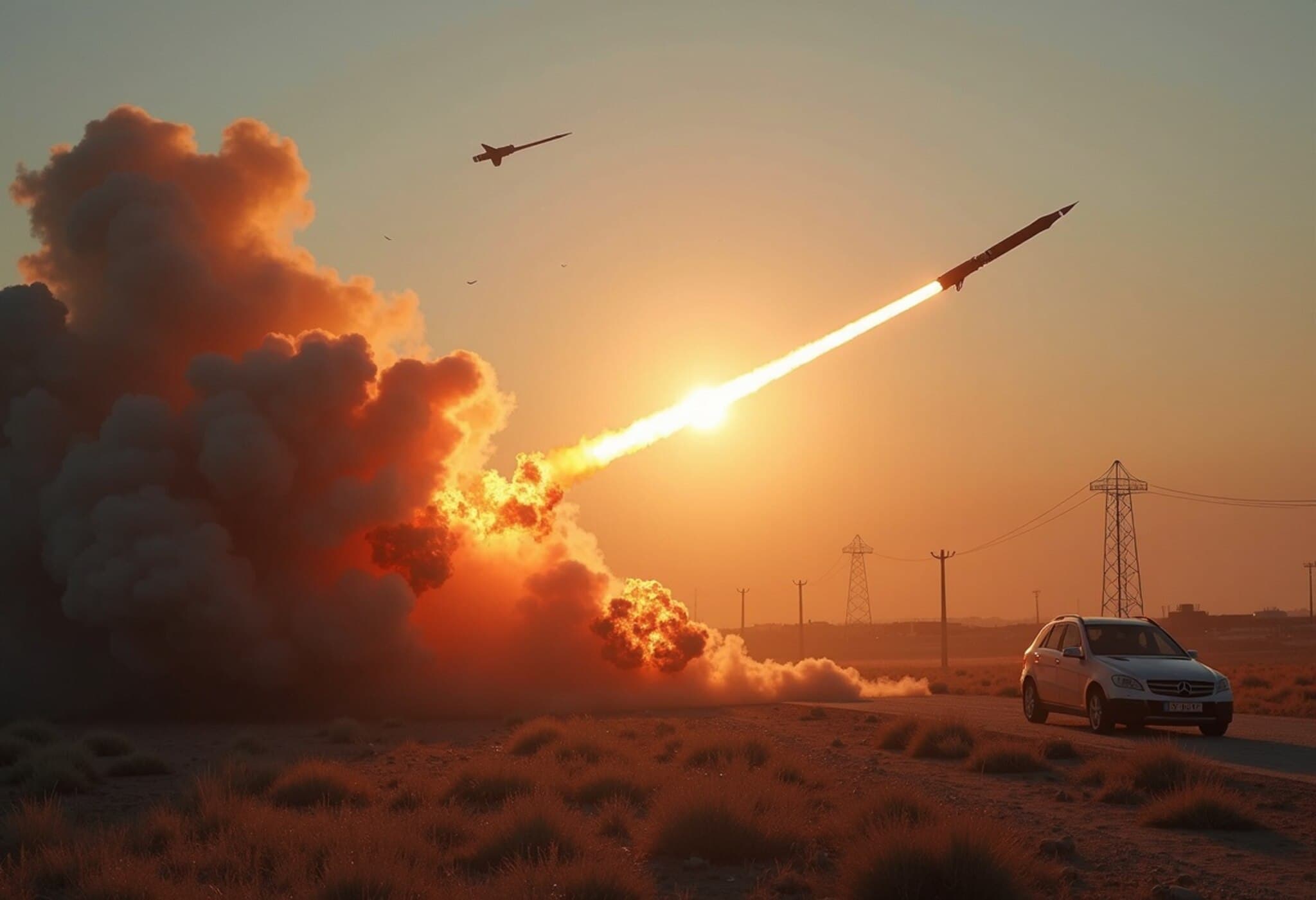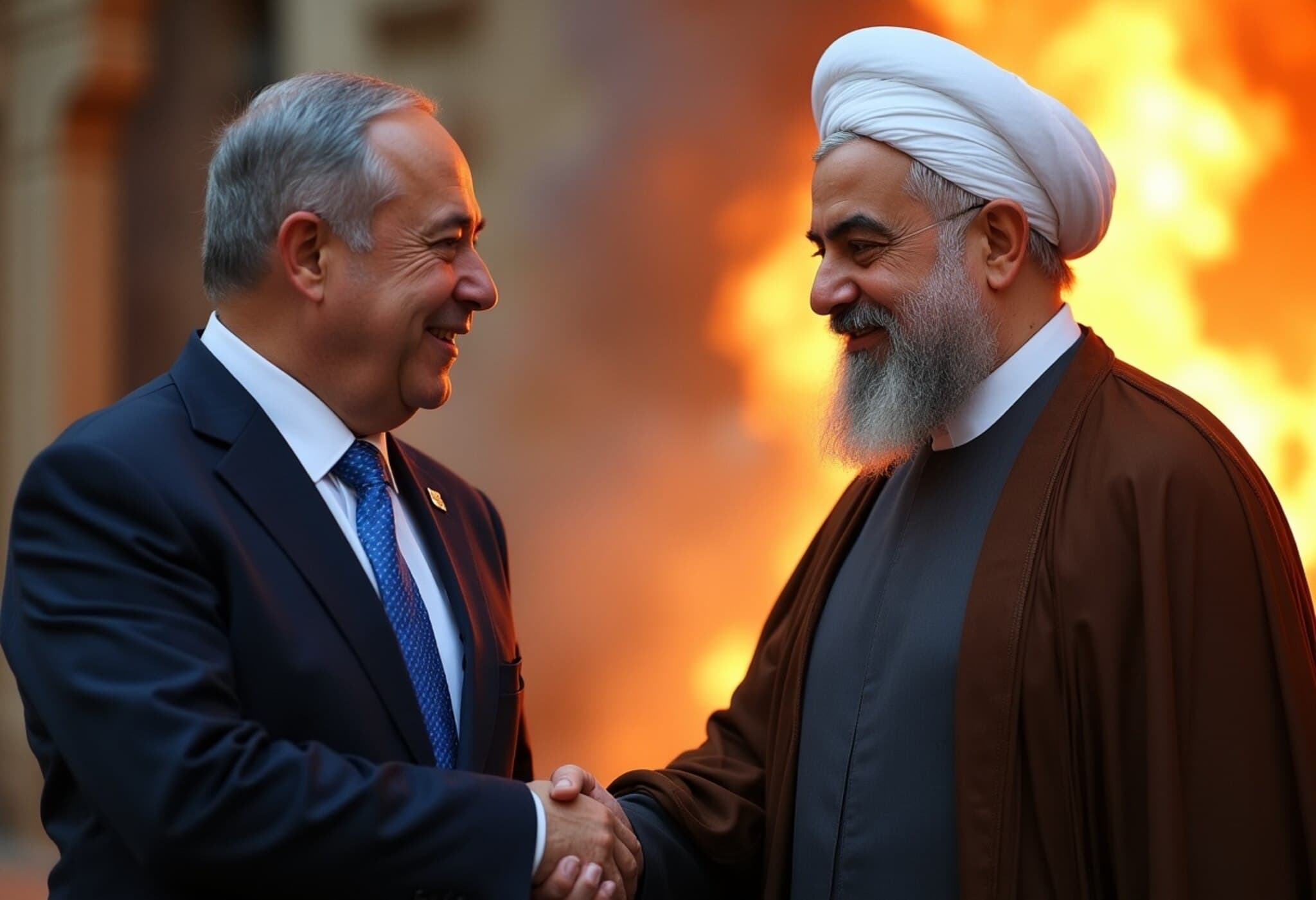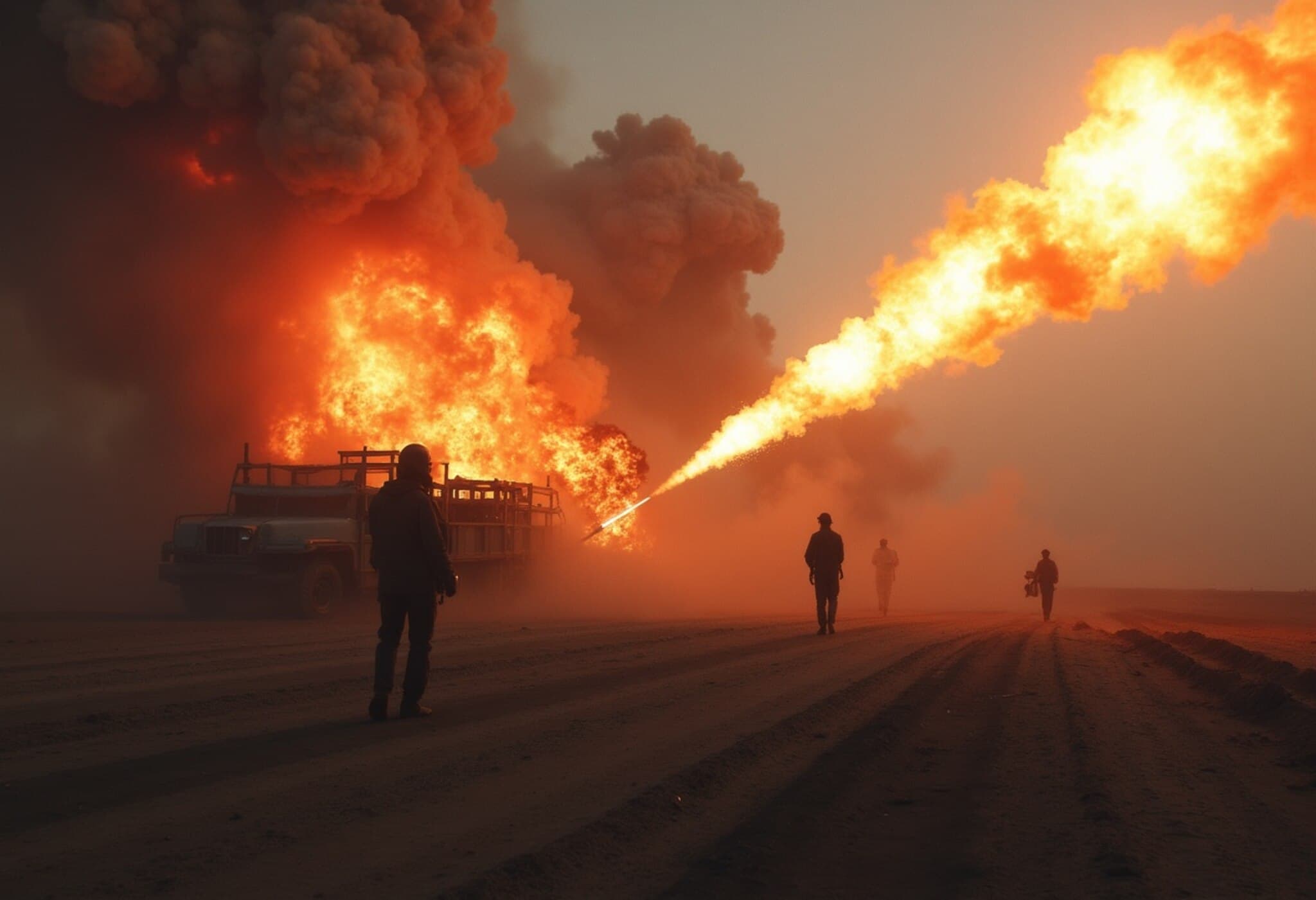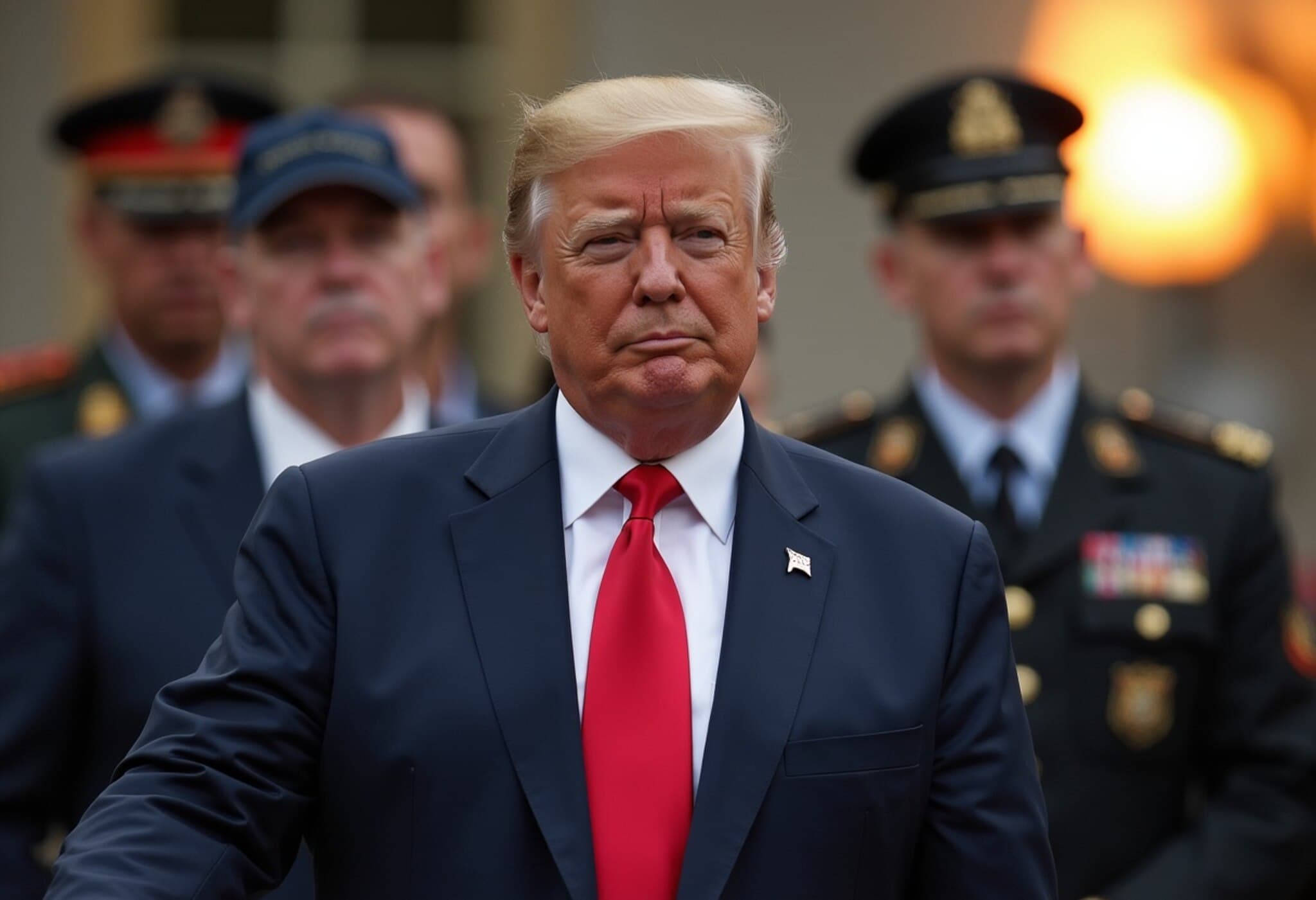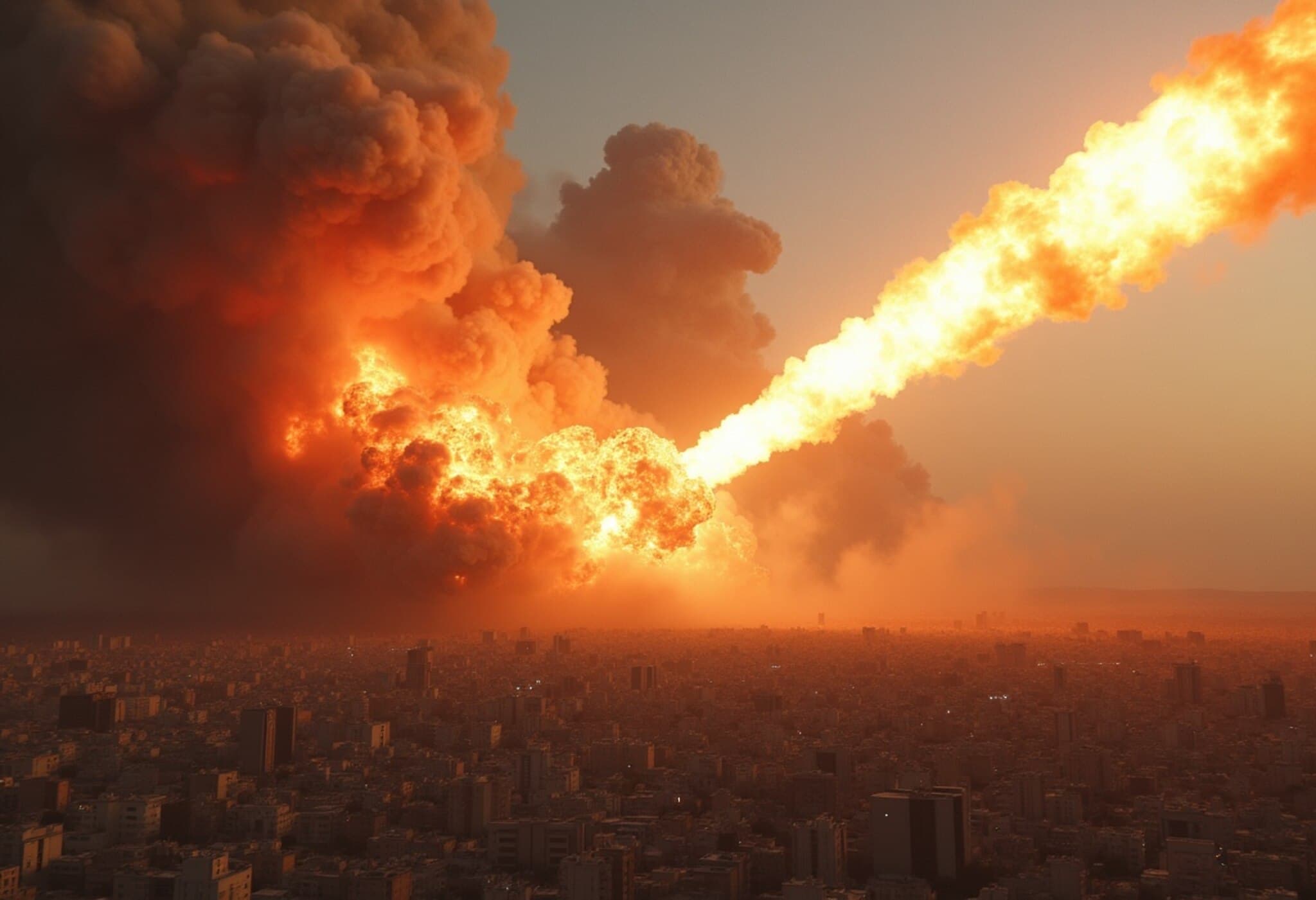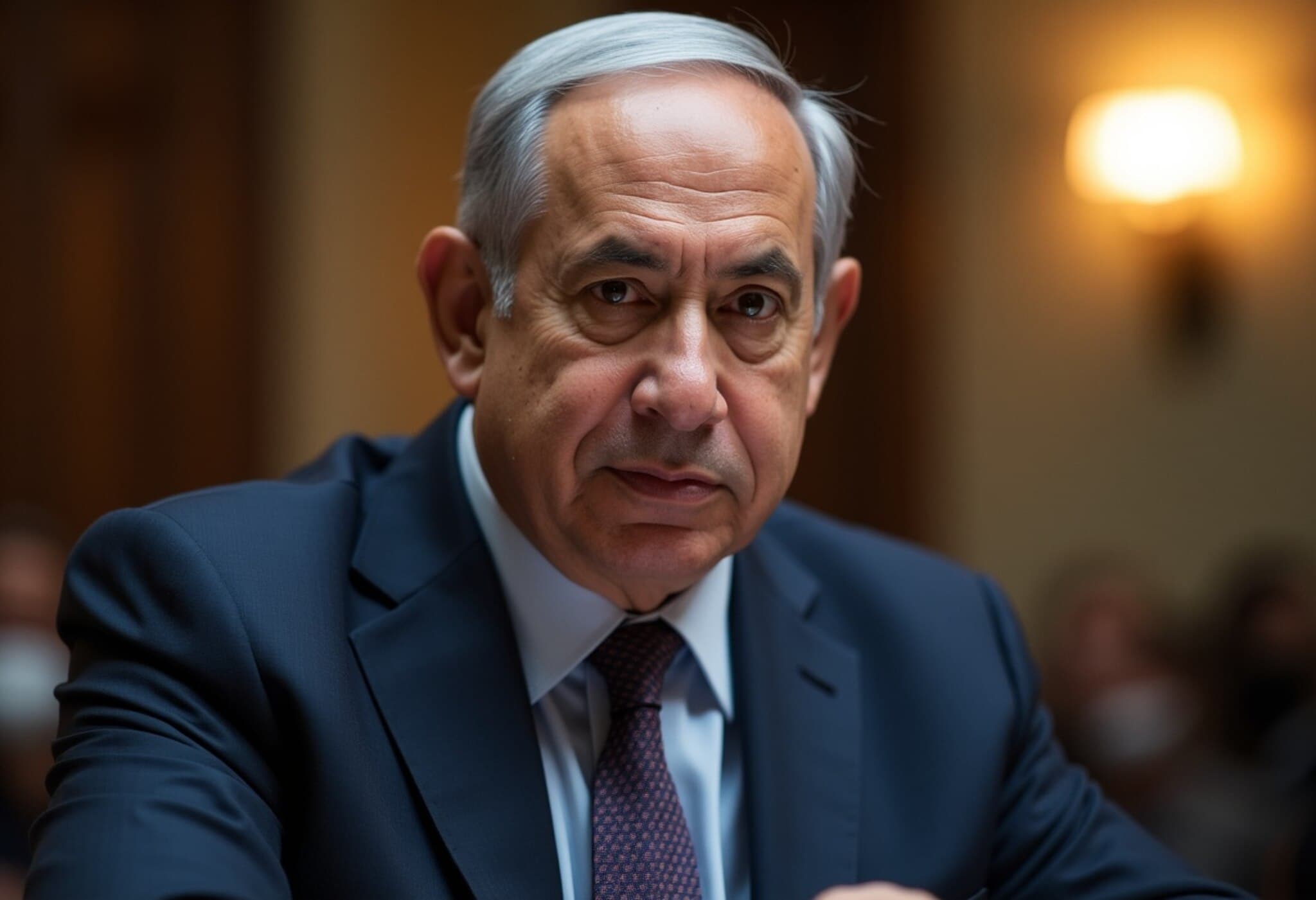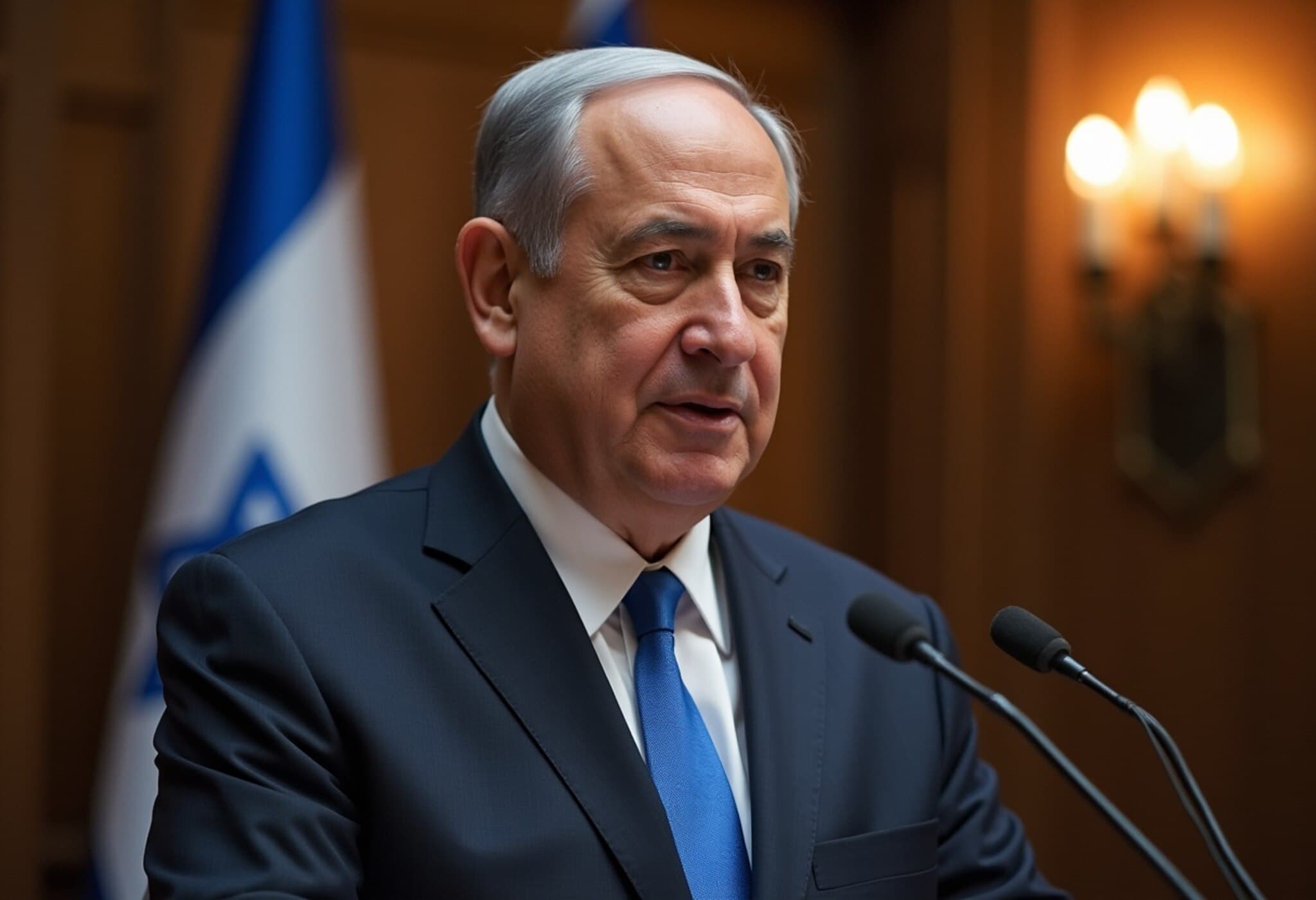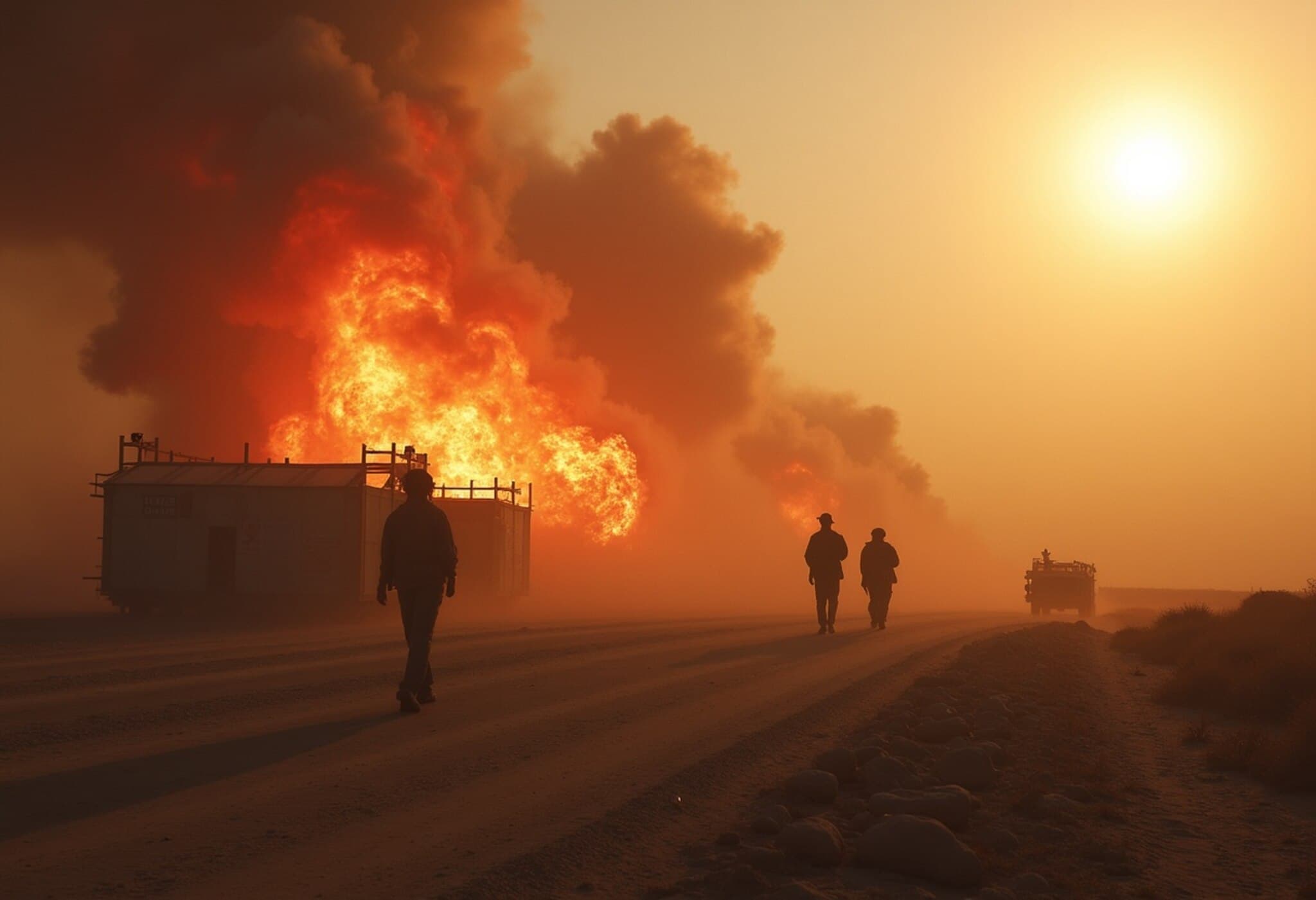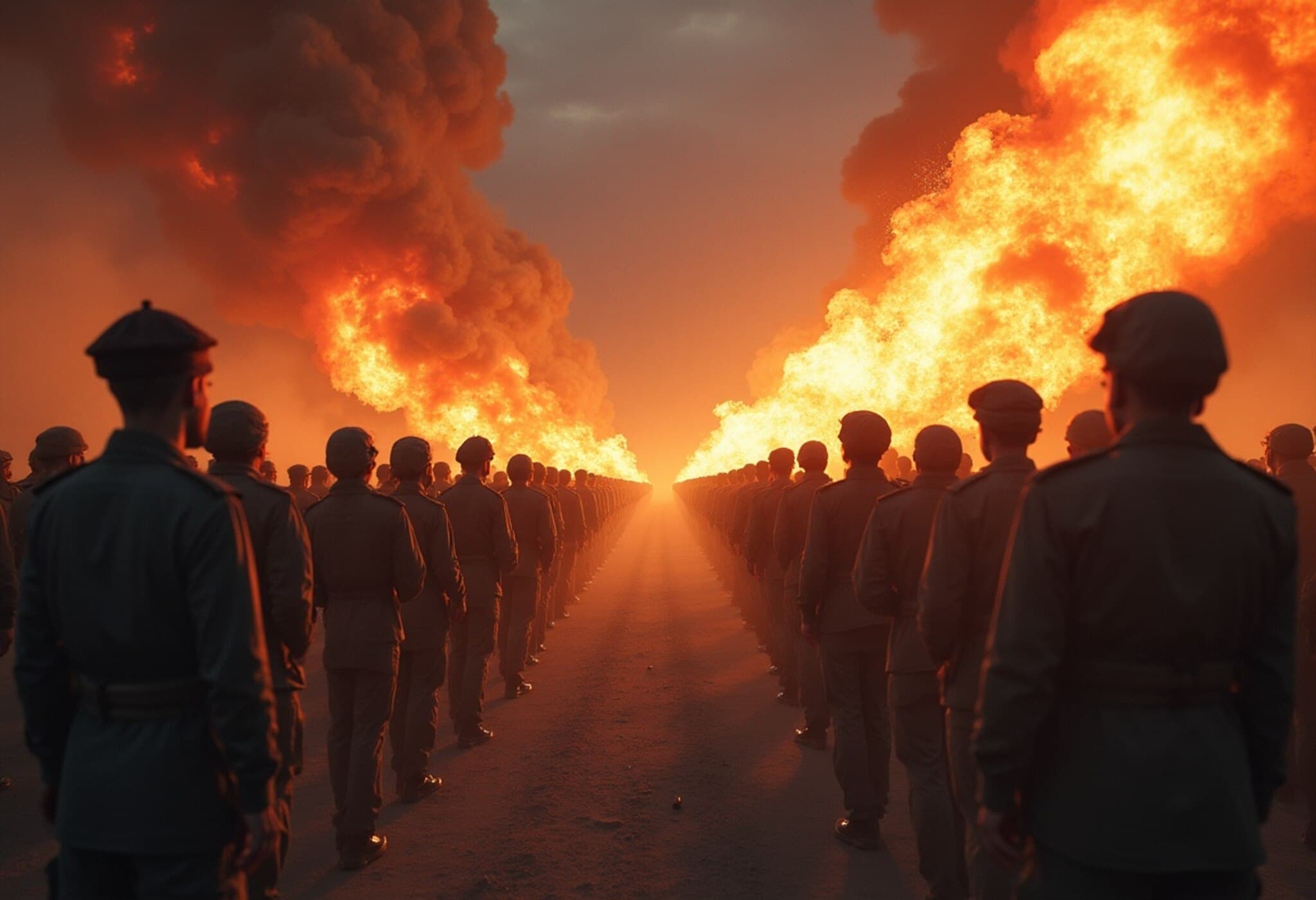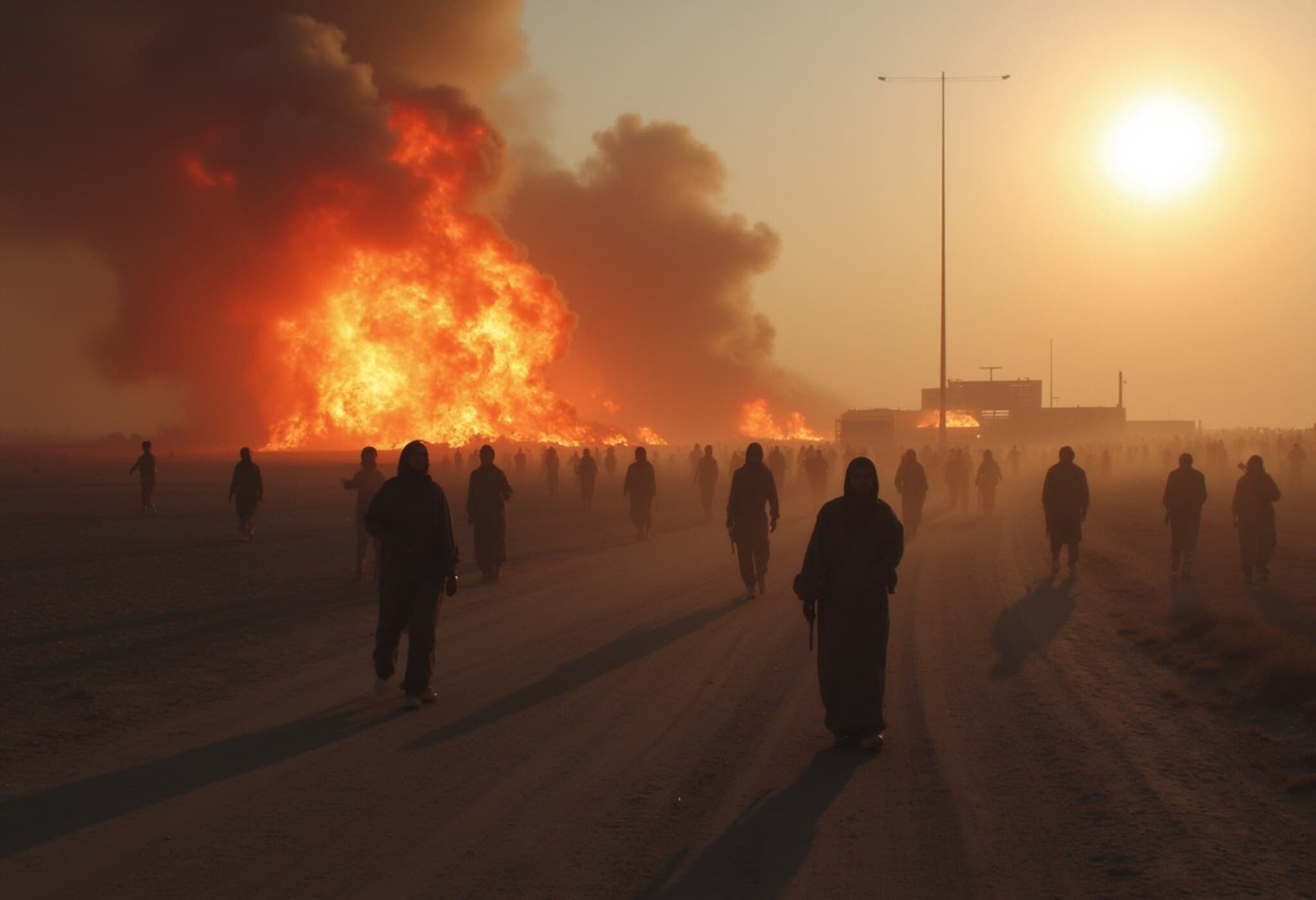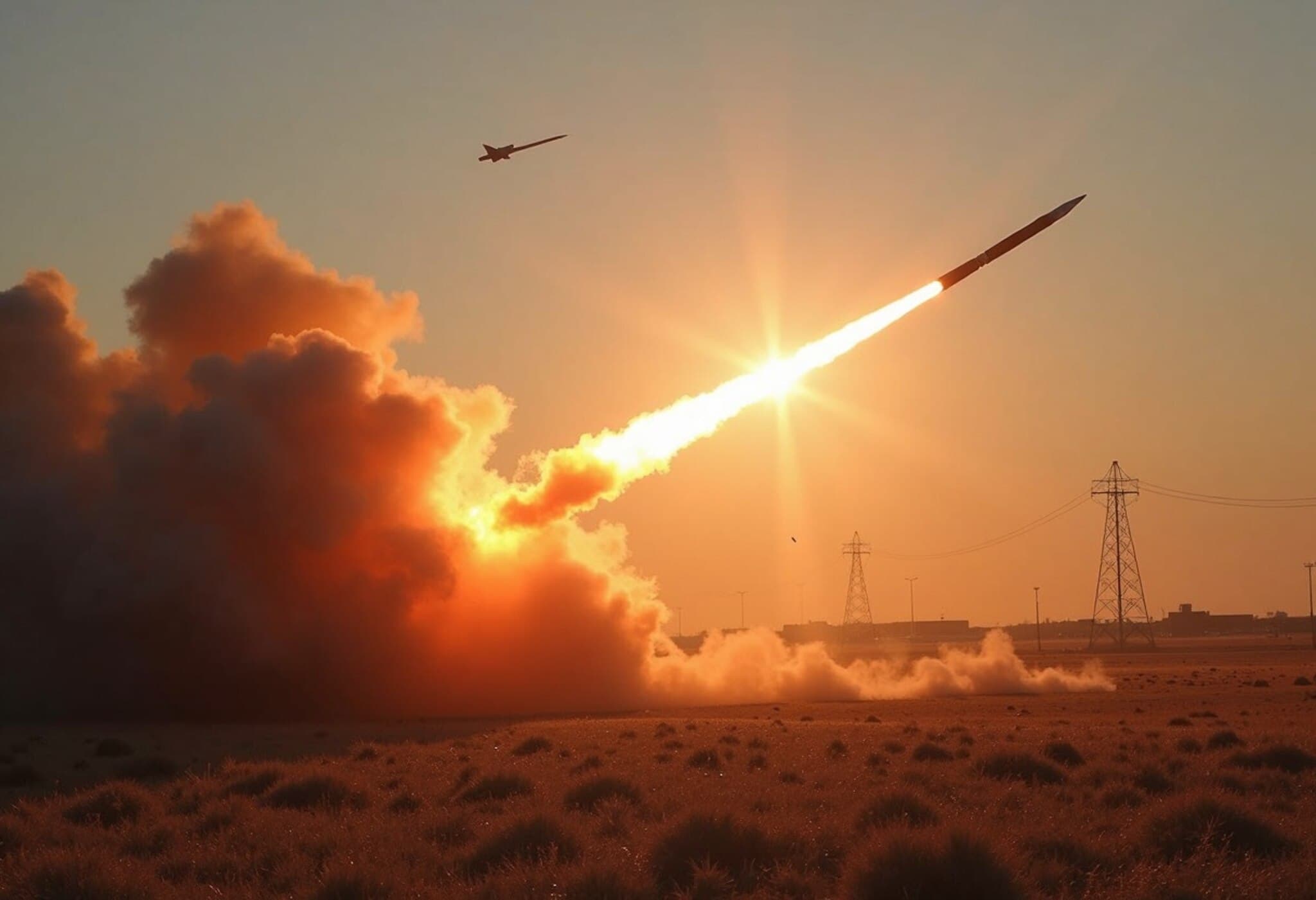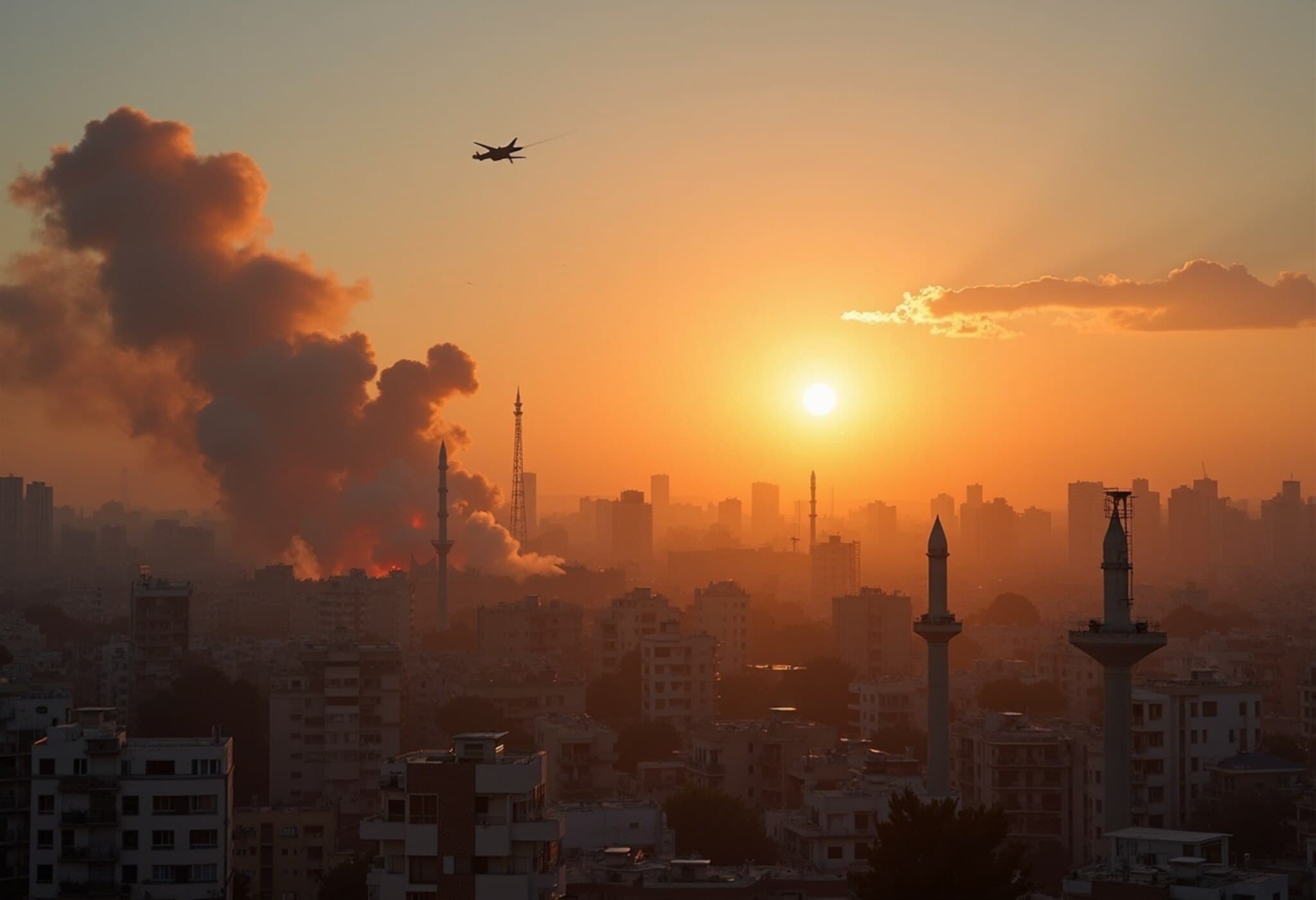Israel-Iran Tensions Escalate Amid Deadly Missile Strikes
The conflict between Israel and Iran, now in its fourth day, shows little sign of abating. Both nations have exchanged missile attacks resulting in significant civilian casualties and widespread damage, as each side threatens further retaliation.
Recent Impact in Israel
Early Monday, Iran launched a fresh missile offensive targeting Israeli cities including Tel Aviv and Haifa, killing at least five people and wounding dozens. Explosions rang out over Tel Aviv and Jerusalem, with footage capturing a power plant ablaze near the port city. In Petah Tikva, Iranian missiles struck residential buildings, causing destruction and claiming one life. Additionally, a missile exploded close to the U.S. consulate in Tel Aviv, causing minor damage.
Previously, Iranian strikes killed women from the same family in the town of Tamra and left at least six dead and 180 injured in Bat Yam.
The Toll and Strikes in Iran
Israel intensified its offensive by targeting Iran's Quds Force command center, missile sites, the Defense Ministry headquarters, and major fuel depots near Tehran. Notably, Israeli attacks have killed at least six senior military figures, including the Commander of the Islamic Revolutionary Guard Corps and the Chief of Staff of Iran’s armed forces, alongside six nuclear scientists.
The human cost is heavy in Iran, with over 224 fatalities reported, predominantly civilians. Iranian authorities state that their latest missile barrage inflicted complex disruptions on Israel’s missile defense systems.
Leadership Reactions and Rhetoric
Israel’s Prime Minister framed the conflict as a global struggle, defending the attacks as necessary to prevent Iran from developing nuclear weapons. He also accused Iran of orchestrating assassination attempts on the U.S. President and himself.
Meanwhile, Iran’s leadership urged unity against what they described as Israel’s aggression. The country's Supreme Leader vowed "severe punishment" in response to Israeli strikes impacting residential areas.
Diplomatic Fallout: U.S.-Iran Talks Suspended
Scheduled negotiations between the U.S. and Iran in Oman have been suspended, following Tehran's refusal to proceed amid ongoing Israeli bombardments. While the Omani Foreign Minister reemphasized dialogue as the sole path to lasting peace, the immediate diplomatic outlook appears bleak.
U.S. Position and International Dynamics
The U.S. President publicly denied American involvement in the recent attacks on Iran, warning of unprecedented military retaliation if the U.S. is attacked. Reports also revealed a recent veto by the U.S. President against a proposed Israeli plan to assassinate Iran's Supreme Leader, highlighting the delicate balancing act amid rising tensions.
As G7 leaders convene in Canada, pressing concerns over the Israel-Iran conflict are on the agenda, with European nations seeking clarification on the U.S. stance and the potential to influence a ceasefire.
Summary of Key Developments
- Iranian missile attacks hit Israeli cities killing at least five, wounding many.
- Israeli strikes target multiple significant military and nuclear sites in Iran.
- Civilian casualties are substantial on both sides, with Iran suffering over 220 deaths.
- Diplomatic talks between the U.S. and Iran have stalled indefinitely.
- Global powers are closely watching the dispute as it threatens broader regional instability.

